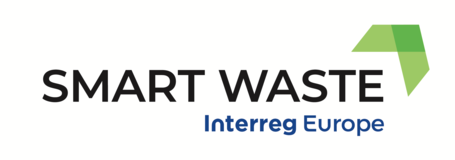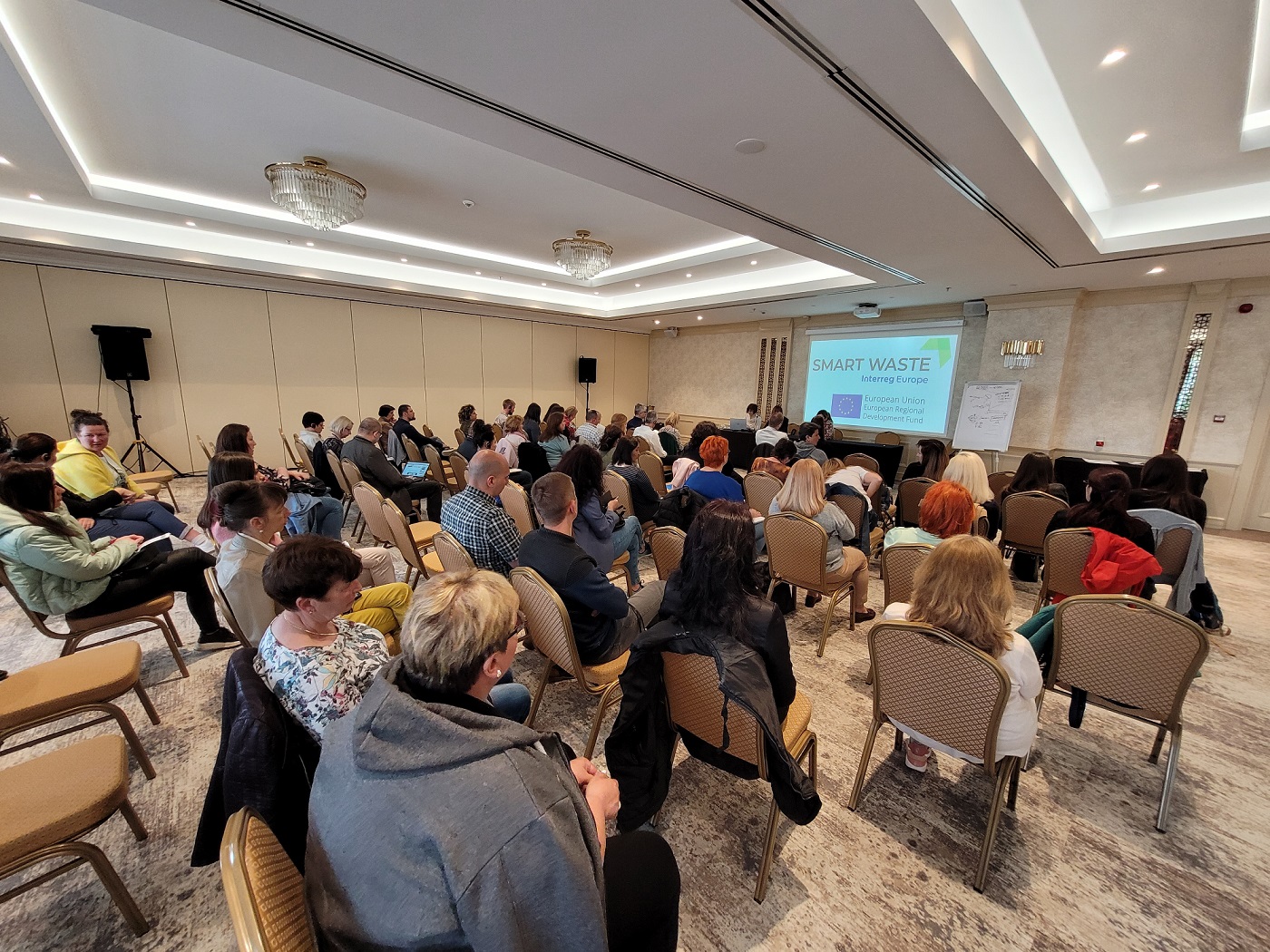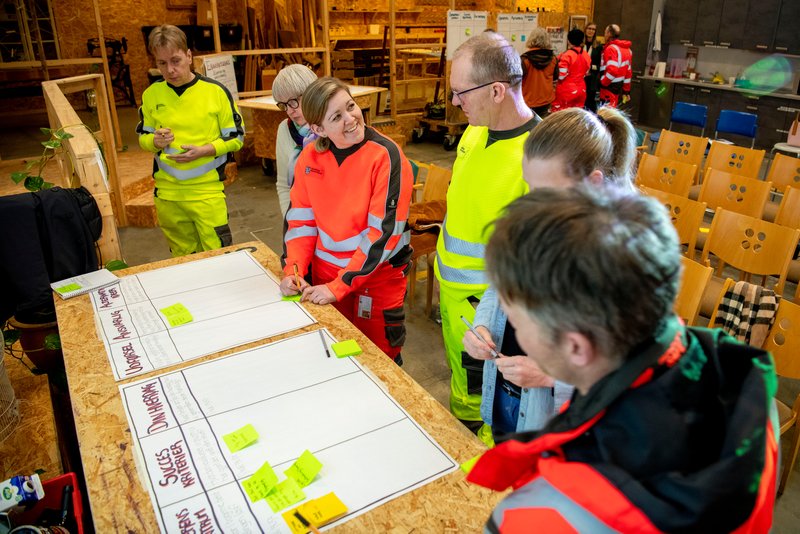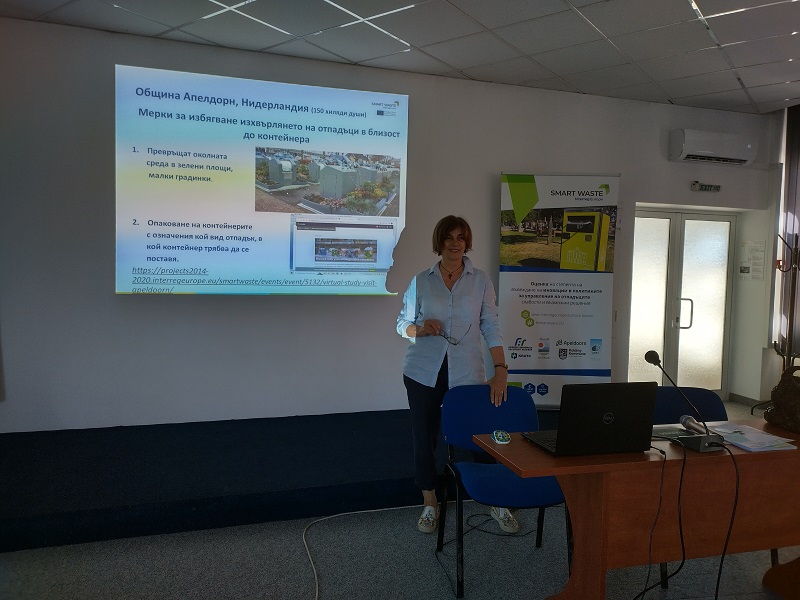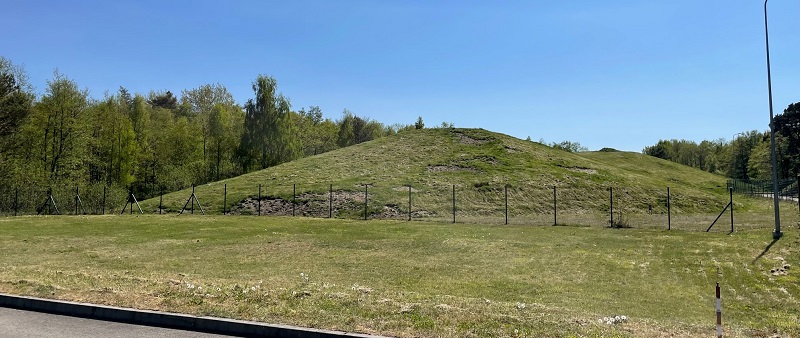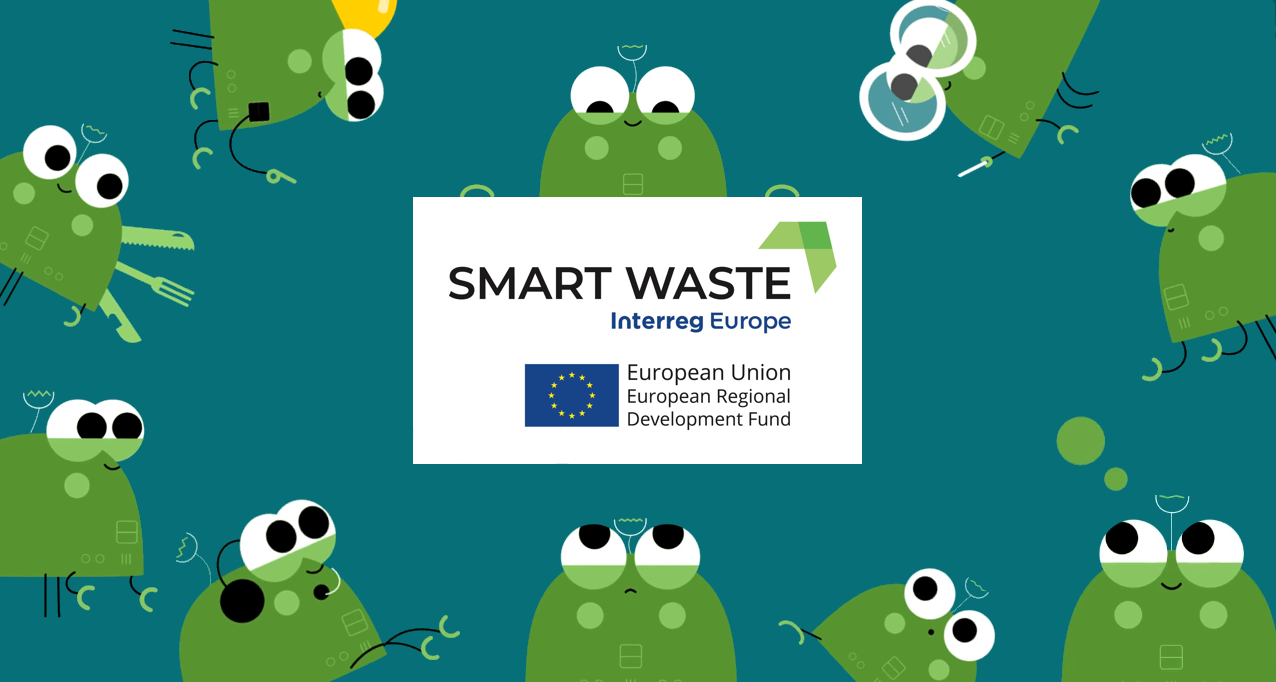Designing Action Plans is a key yet possibly complicated part of the first phase of Interreg Europe projects. As they are getting closer to this stage, the SMART WASTE partners decided to receive guidance and prepare this exercise by exchanging with experienced projects. On 13 September, the webinar “Designing Action Plans: Experiences from 2nd Call Projects” took place, organised with substantial contribution of RESOLVO, a company which provides external support to the Lead Partner (LP) of SMART WASTE project.
Thanks to this discussion with the Interreg Europe 2nd call projects BIOREGIO and TANIA, SMART WASTE partners got practical knowledge on “DOs and DON’Ts” of the action planning process and saw the questions and doubts that emerged at the beginning of their local / regional work on Action Plans development being addressed. They received support in launching their work on Action Plans development by sharing lessons-learned from the same exercise undertaken by BIOREGIO and TANIA.
For that, the webinar included two keynote presentations. The first one was given by Ms Susanna Vanhamäki from LAB University of Applied Sciences, the LP of BIOREGIO project, whereas the second one was given by Mr Lorenzo Sabatini from ASEV, the LP of TANIA project. Both speakers shared their experience in developing Action Plans within their respective projects, especially highlighting several points of attention related to Policy Improvements, proper involvement of local stakeholders, exchanging experiences and good practices among partners and making the most out of the Policy Learning Platform support services.
The use of an online padlet facilitated the Q&A sessions after each presentation. SMART WASTE partners’ great interest in the issue resulted in many questions being asked, covering a wide range of topics. For instance, the following points have been raised:
- The paramount usefulness of making the most out of the Action Plans already approved by INTERREG EUROPE Joint Secretariat for previous calls projects;
- The key contributions from local stakeholders groups to be taken into account in the process of development of both policy improvements and actions;
- The need to describe precisely in the Action Plan, among other relevant information, timescale of implementation and funding for each action;
- The mandatory need to have at least one Action implemented during Phase 2 of the project;
- The necessity to strictly follow the Interreg Europe Programme Manual, in particular to specify the Policy Improvement type.
A brief recap by the LP of the current state of play of the project concluded the webinar, especially focusing on ongoing and upcoming activities related to the development of partner’s Action Plans.
